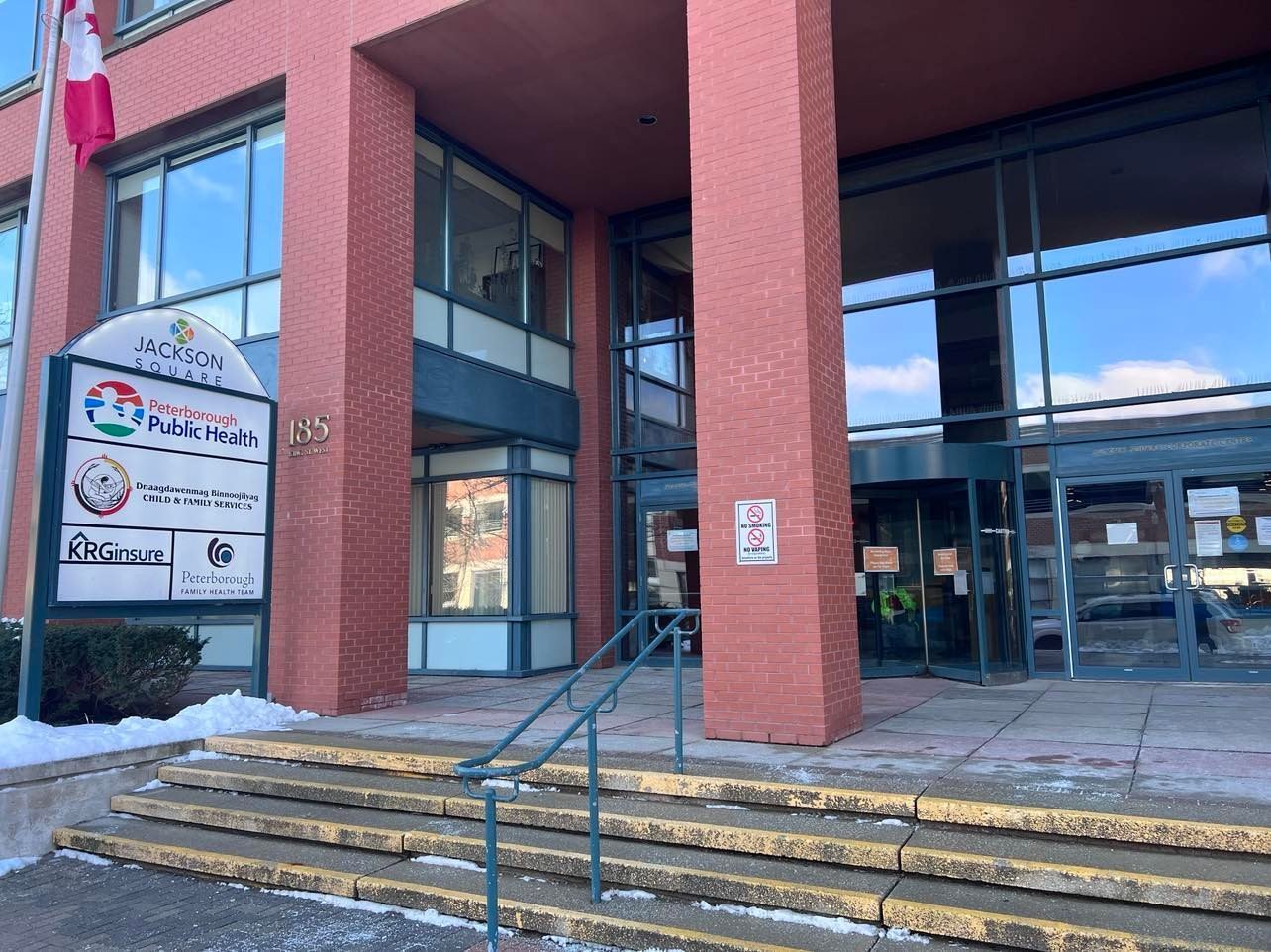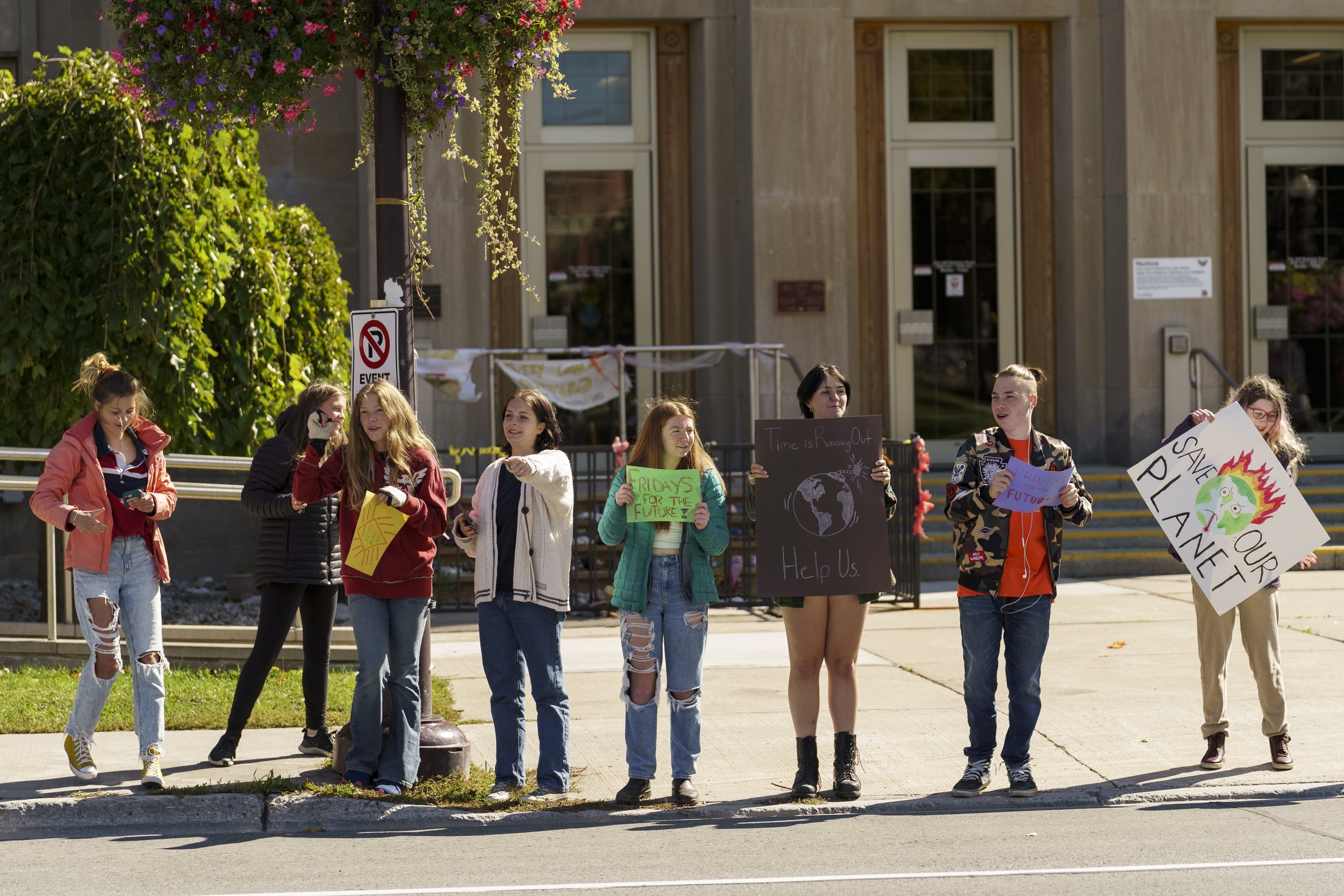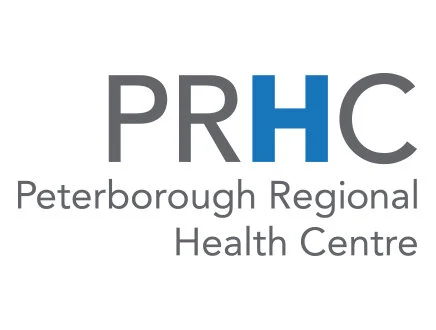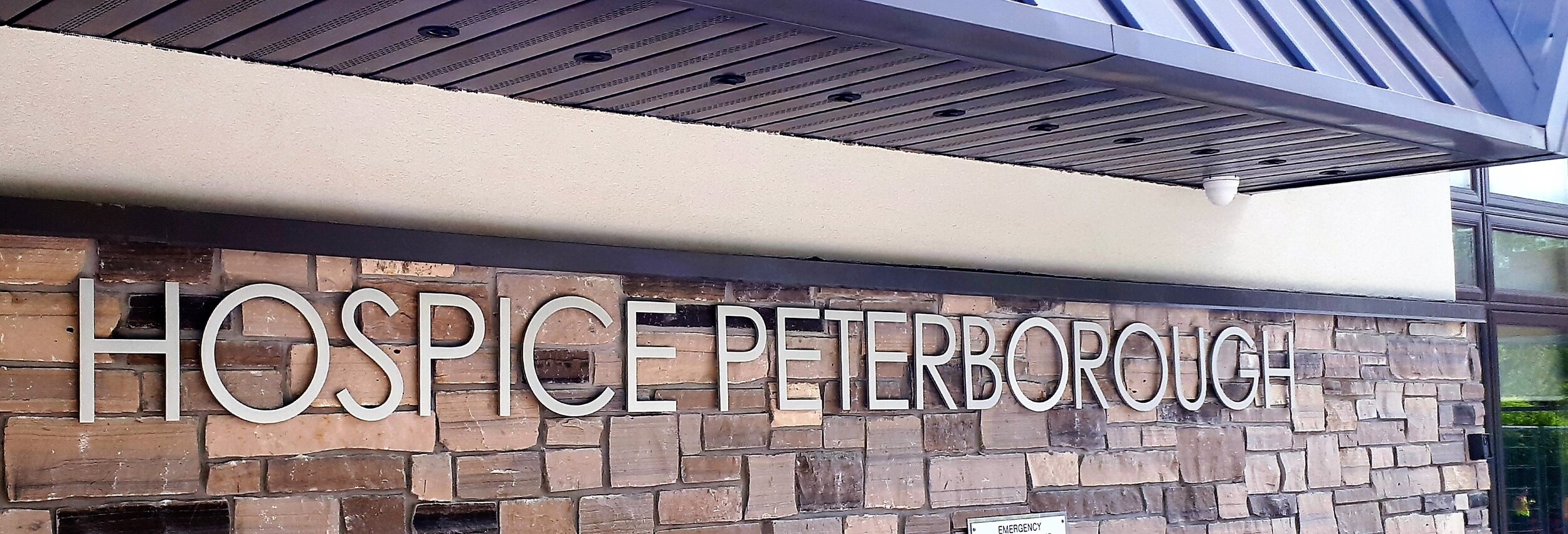FOR IMMEDIATE RELEASE - Saturday, April 10, 2021
MEDIA RELEASE from PRHC…
Hospital moving to double its normal ICU capacity following Ontario Health directive
Peterborough, ON – As critical care patient volumes surge across the province, Peterborough Regional Health Centre (PRHC) will join hospitals across Ontario in ramping down non-urgent care beginning Monday, April 12, 2021 at 12:01 a.m., following direction received from Ontario Health (OH).
The hospital will continue to provide all life-saving services and care, and our Emergency Department will continue to operate as usual. Patients who are currently admitted to the hospital for inpatient care will not be affected.
We are in the process of contacting patients/families whose non-urgent surgery, procedure or test will be postponed as a result of the ramp-down. If you have an appointment booked and you are not contacted, please assume it will proceed as scheduled.
Up until now, PRHC has been working hard to maintain non-urgent surgeries, procedures and tests at or above 100 per cent of our normal patient volumes to help address backlogs from the previous non-urgent care ramp-down last spring.
We have also accepted more than 30 patient transfers from outside the region over the last three (3) months to support the system-wide response to the pandemic.
As a partner within the provincial healthcare system, PRHC is prepared to provide our support in any way possible to ensure that patients across Ontario are able to access the care they need. We are in the process of increasing our critical care (ICU) beds to a total of 48 in anticipation of additional patient transfers and higher patient volumes, and will redirect hospital resources as needed to support the necessary level of care for these patients.
“Last March, when we first ramped down non-urgent care, the anticipated wave of critically-ill patients did not materialize at PRHC, in large part due to the effort our community made to stop the spread of COVID-19,” said Dr. Lynn Mikula, Chief Medical Executive and Chief of Staff at PRHC. “Today the situation is very different. The third wave has already surpassed anything we’ve faced previously, and we have not yet reached its peak. We have every expectation that every staff member, physician, and physical space at PRHC will be needed to meet the demands of this wave of the pandemic. I urge the people of our community to follow the provincial stay-at-home order and all Public Health guidelines while the team at PRHC makes significant moves to support patients across Ontario while continuing to meet the needs of our community by providing life-saving care.”
While PRHC’s goal is to keep the disruption to non-urgent care as short and as limited as possible, our priority at this time is to create immediate, maximum capacity for critical care.




























